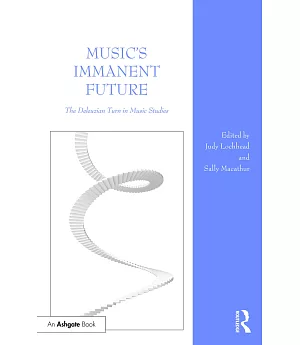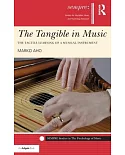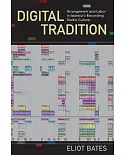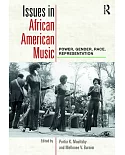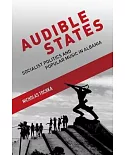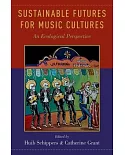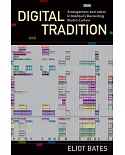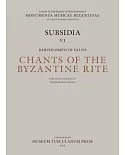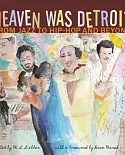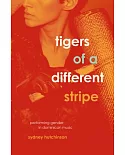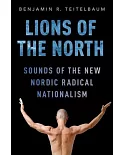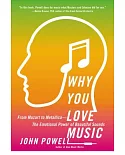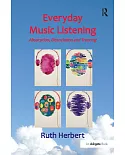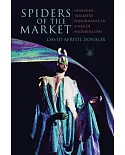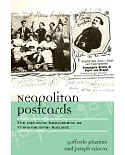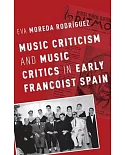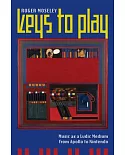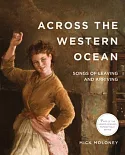The conversations generated by the chapters in Music’s Immanent Future grapple with some of music’s paradoxes: that music of the Western art canon is viewed as timeless and universal while
other kinds of music are seen as transitory and ephemeral; that in order to make sense of music we need descriptive language; that to open up the new in music we need to revisit the old; that
to arrive at a figuration of music itself we need to posit its starting point in noise; that in order to justify our creative compositional works as research, we need to find critical languages
and theoretical frameworks with which to discuss them; or that despite being an auditory system, we are compelled to resort to the visual metaphor as a way of thinking about musical sounds.
Drawn to musical sound as a powerful form of non-verbal communication, the authors include musicologists, philosophers, music theorists, ethnomusicologists and composers. The chapters in this
volume investigate and ask fundamental questions about how we think, converse, write about, compose, listen to and analyse music. The work is informed by the philosophy primarily of Gilles
Deleuze and Félix Guattari, and secondarily of Michel Foucault, Julia Kristeva and Jean-Luc Nancy. The chapters cover a wide range of topics focused on twentieth and twenty-first century
musics, covering popular musics, art music, acousmatic music and electro-acoustic musics, and including music analysis, music’s ontology, the noise/music dichotomy, intertextuality and music,
listening, ethnography and the current state of music studies. The authors discuss their philosophical perspectives and methodologies of practice-led research, including their own creative work
as a form of research. Music’s Immanent Future brings together empirical, cultural, philosophical and creative approaches that will be of interest to musicologists, composers, music analysts
and music philosophers.

